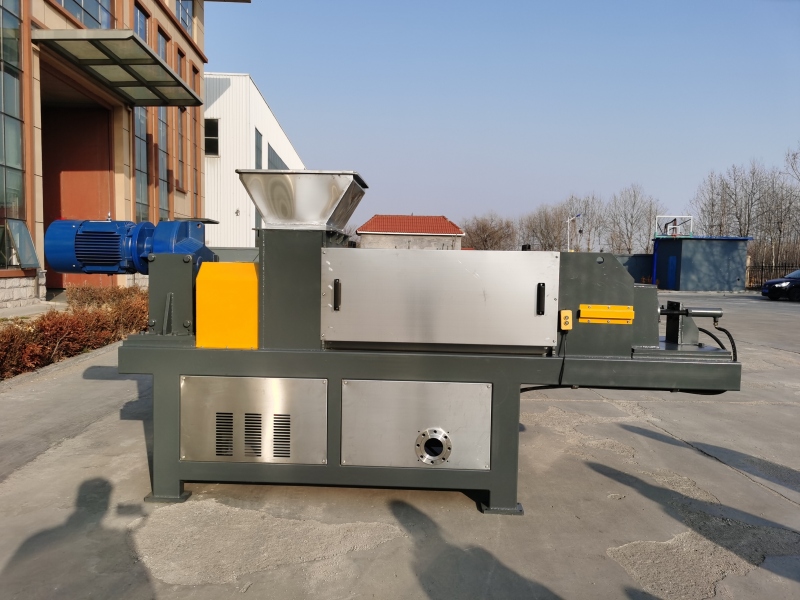
Vegetable Dewatering Machine
In recent years, the food processing industry has witnessed significant advancements in technology, leading to increased efficiency and improved product quality. One such innovation is the vegetable dewatering machine, a vital component in the production line of various food processing units. This article explores the advantages of vegetable dewatering machines in English.
Increased Efficiency
Vegetable dewatering machines significantly enhance processing efficiency. Traditional methods of manual vegetable drying are time-consuming and labor-intensive. However, with the introduction of these machines, large quantities of vegetables can be dewatered quickly and effectively. This increased speed ensures a higher overall output for food processing companies.
Energy Conservation
Compared to conventional drying methods, vegetable dewatering machines consume significantly less energy. They are designed with energy-efficient mechanisms, utilizing advanced technologies to minimize power consumption. This not only reduces operational costs but also contributes to environmental sustainability by lowering the overall carbon footprint of the food processing industry.
Preservation of Nutrients
One of the critical advantages of vegetable dewatering machines is their ability to preserve the nutritional value of vegetables. Conventional drying methods, such as sun drying, often lead to nutrient loss due to prolonged exposure to heat and air. Vegetable dewatering machines operate at lower temperatures, ensuring that essential vitamins and minerals are retained in the final product. This is particularly crucial for the production of dried vegetable products with high nutritional content.
Improved Product Quality
Maintaining the quality of the final product is paramount in the food processing industry. Vegetable dewatering machines play a crucial role in achieving this objective. By efficiently removing excess moisture from vegetables, these machines prevent the growth of microorganisms and reduce the risk of spoilage. As a result, the shelf life of the dried vegetables is significantly extended, ensuring that consumers receive products of the highest quality.
Customization and Versatility
Modern vegetable dewatering machines are highly versatile and can be customized to suit the specific requirements of different vegetables. They come with adjustable settings that allow food processing units to control the drying process accurately. This customization ensures that various types of vegetables, each with its unique moisture content, can be processed efficiently, maintaining consistency in the final product.
Hygienic Processing
Maintaining hygiene during food processing is non-negotiable. Vegetable dewatering machines are designed with materials that are easy to clean and sanitize, preventing the accumulation of bacteria and contaminants. This hygienic processing ensures that the dried vegetables meet the highest food safety standards, making them suitable for consumption by a wide range of consumers, including those with stringent dietary requirements.
Conclusion
The adoption of vegetable dewatering machines in the food processing industry represents a significant leap forward in terms of efficiency, energy conservation, product quality, and food safety. As technology continues to advance, these machines are expected to play an even more substantial role in revolutionizing the way vegetables are processed and preserved, ultimately benefiting both producers and consumers alike.




If your company wants to establish a business relationship with us, please briefly describe the cooperation intention and send an email to:chuantaiscrewpress@gmail.com























































































![[list:title]](/static/upload/image/20240528/1716877114510915.jpg)